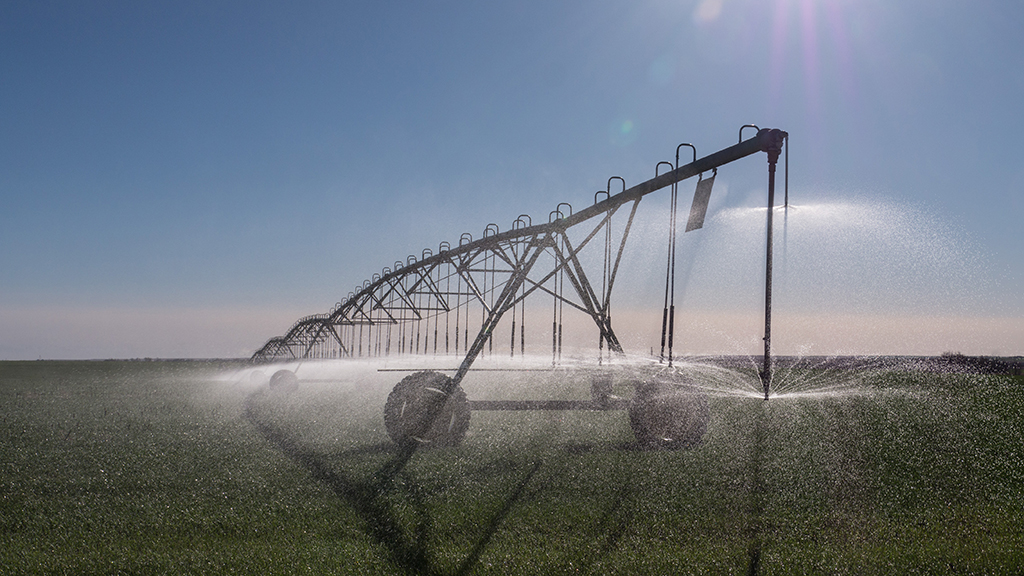Abstract
This case spotlights Great Plains water shortages by focusing on the High Plains Aquifer. This groundwater reservoir provides nearly a third of groundwater used for irrigation in the heartland of the United States and is linked to surface flows (e.g., rivers) that are critical habitat for stream fishes. Unsustainable pumping has exceeded recharge rate leading to water shortages, meaning southern portions of the aquifer may be depleted by 2030 and farmers will be unable to irrigate crops if water rights policies fail to address this issue. In addition to threatening agricultural productivity, Great Plains fish species that rely on water availability and stream connectivity are becoming threatened or endangered due to loss of habitat. In this case study, students assume the role of land manager or land owner and address these issues using data and public opinion to support their position. Following the in-class assignment and group discussions, students are asked to defend their position in persuasive letters. This case targets first or second year undergraduate classes in ecology, environmental science, environmental policy or related disciplines.



